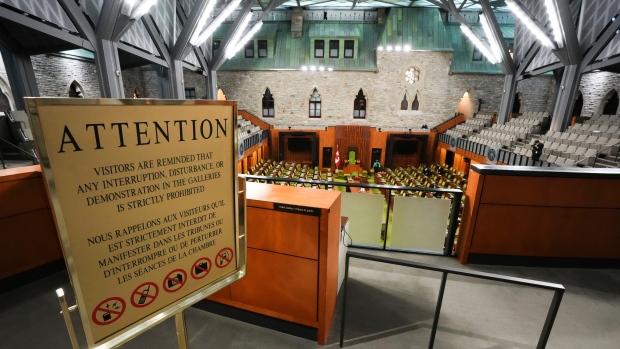The Chinese regime’s interference in Canadian elections revealed in recent media leaks is only the “tip of the iceberg,” and anti-Beijing activists say they have a good idea who Beijing’s favoured candidates are, a Commons committee heard on March 10.
“If we want to say who are the 11 potential nominees that CSIS had kind of mentioned, I can pretty much guess who they are,” said Cheuk Kwan, co-chair of the Toronto Association for Democracy in China.





